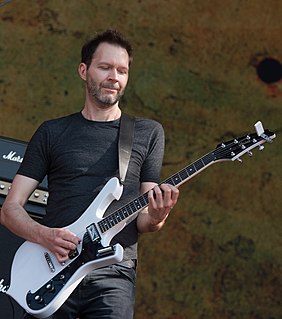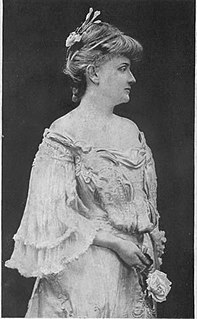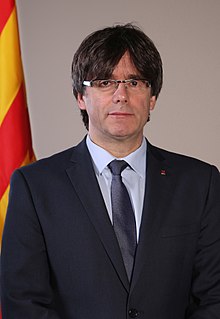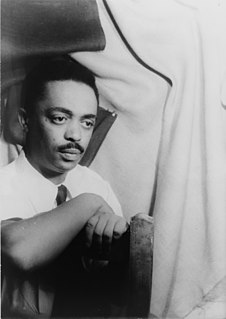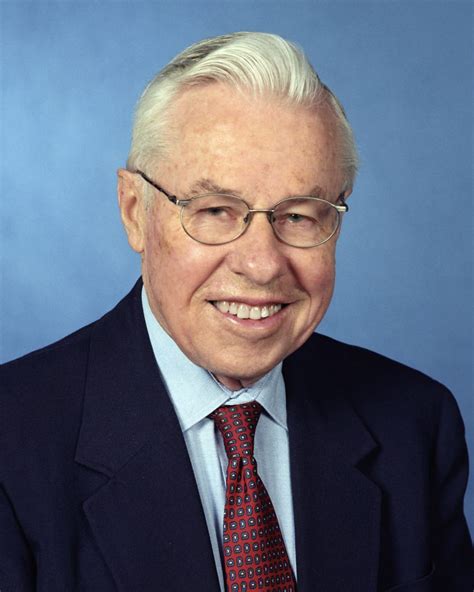A Quote by Albert Einstein
When I think of the most able students I have encountered in my teaching - I mean those who have distinguished themselves not only by skill but by independence of thought - then I must confess that all have had a lively interest in epistemology.
Related Quotes
As a teacher and parent, I've had a very personal interest in seeking new ways of teaching. Like most other teachers and parents, I've been well aware painfully so, at times that the whole teaching/learning process is extraordinarily imprecise, most of the time a hit-and-miss operation. Students may not learn what we think we are teaching them and what they learn may not be what we intended to teach them at all.
No matter what spiritual path you've walked or what teachings you've followed, they must lead you back to no path and no teaching. A true teaching is like a blazing fire that consumes itself. The teaching must not only consume you, but consume itself as well. All must be burned to ash, and then the ash must be burned. Then, and only then, is the Ultimate realized.
And still it is not enough to have memories. One must be able to forget them when they are many, and one must have the great patience to wait until they come again. For it is not yet the memories themselves. Not until they have turned to blood within us, to glance, to gesture, nameless and no longer to be distinguished from ourselves - not until then can it happen that in a most rare hour the first word of a verse arises in their midst and goes forth from them.
What is wrong with encouraging students to put "how well they're doing" ahead of "what they're doing." An impressive and growing body of research suggests that this emphasis (1) undermines students' interest in learning, (2) makes failure seem overwhelming, (3) leads students to avoid challenging themselves, (4) reduces the quality of learning, and (5) invites students to think about how smart they are instead of how hard they tried.
For the most part, people use "empathy" to mean everything good. For instance, many medical schools have courses in empathy. But if you look at what they mean, they just want medical students to be nicer to their patients, to listen to them, to respect them, to understand them. What's not to like? If they were really teaching empathy, then I'd say there is a world of problems there.



